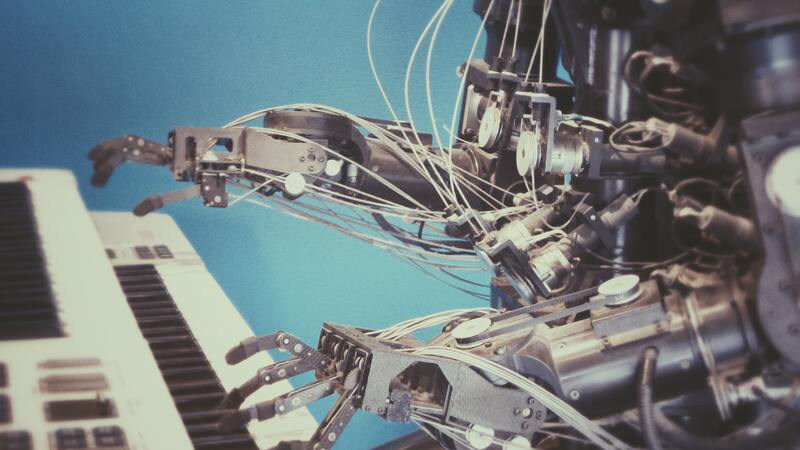Introduction
In the realm of contemporary business operations, Business Process Automation (BPA) has risen to a pivotal role, revolutionizing how organizations function. BPA is the engine that powers streamlined operations, drives heightened productivity, and slashes operational expenditures by harnessing technology to mechanize and fine-tune diverse business processes. In the pages of this blog, we will embark on a journey into the future of BPA, immersing ourselves in forecasts and the nascent technologies that are poised to redefine the landscape of workflow automation for enterprises.
The Future of Business Process Automation (BPA): Predictions and Emerging Technologies
The BPA Revolution
BPA has evolved significantly over the years, with its potential expanding beyond traditional office tasks. BPA encompasses a wide-ranging spectrum of applications, extending from Robotic Process Automation (RPA) and Artificial Intelligence (AI) to the Internet of Things (IoT) and the domain of data analytics. As businesses continue to embrace BPA, the future holds several exciting possibilities.
Predictions for the Future
- Widespread Adoption: The adoption of BPA is expected to become even more widespread. As businesses increasingly recognize the efficiency and cost-saving benefits, they will integrate BPA into various aspects of their operations.
- Integration of AI and Machine Learning: AI and machine learning technologies will play a pivotal role in BPA's future. They will enhance decision-making, enabling BPA systems to learn and adapt autonomously, resulting in more intelligent and efficient workflows.
- Cross-Platform Automation: The future of BPA will see a move towards cross-platform automation. This means that businesses will seamlessly automate processes that span multiple software platforms, making it easier to manage complex tasks and workflows.
- Enhanced Customer Experience: BPA will be increasingly employed to personalize and enhance the customer experience. Automation will enable businesses to tailor their interactions with customers, offering more efficient and relevant services.
Emerging Technologies in BPA
- Artificial Intelligence and Machine Learning: AI and machine learning algorithms are being integrated into BPA to make it more adaptive and predictive. They can analyze large datasets, identify patterns, and make real-time decisions, enhancing the automation of complex processes.
- Robotic Process Automation (RPA): RPA is gaining momentum, with robots and software bots handling rule-based, repetitive tasks. These bots have the capacity to cooperate with human employees, resulting in a marked reduction in the time and effort typically expended on mundane tasks.
- IoT Integration: The Internet of Things (IoT) has risen as a central player in the domain of Business Process Automation (BPA). Sensors and interconnected devices function as data collectors in real-time, empowering businesses to automate processes and derive data-centric insights for making informed decisions.
- Blockchain for Trust and Security: Blockchain technology is being used to secure and validate transactions and processes within BPA. It ensures data integrity and trust in automation systems, particularly in industries where security and transparency are paramount.
- Low-Code/No-Code Development: To democratize automation, low-code and no-code development platforms are emerging. These platforms enable non-technical users to create and implement automation solutions, reducing the reliance on IT departments.
Conclusion
The prospects for the future of Business Process Automation are bright, marked by a profound emphasis on intelligent automation, data-informed decision-making, and the enhancement of customer experiences. Projections indicate that BPA will remain an indispensable asset for businesses seeking to optimize their operations and maintain a competitive edge. The fusion of AI, RPA, IoT, blockchain, and low-code/no-code development will fuel innovation within the BPA domain, rendering it more accessible and versatile than ever before. Looking forward, BPA is poised to redefine how organizations carry out their business processes, delivering heightened efficiency and adaptability within an increasingly rapid and competitive business landscape.





